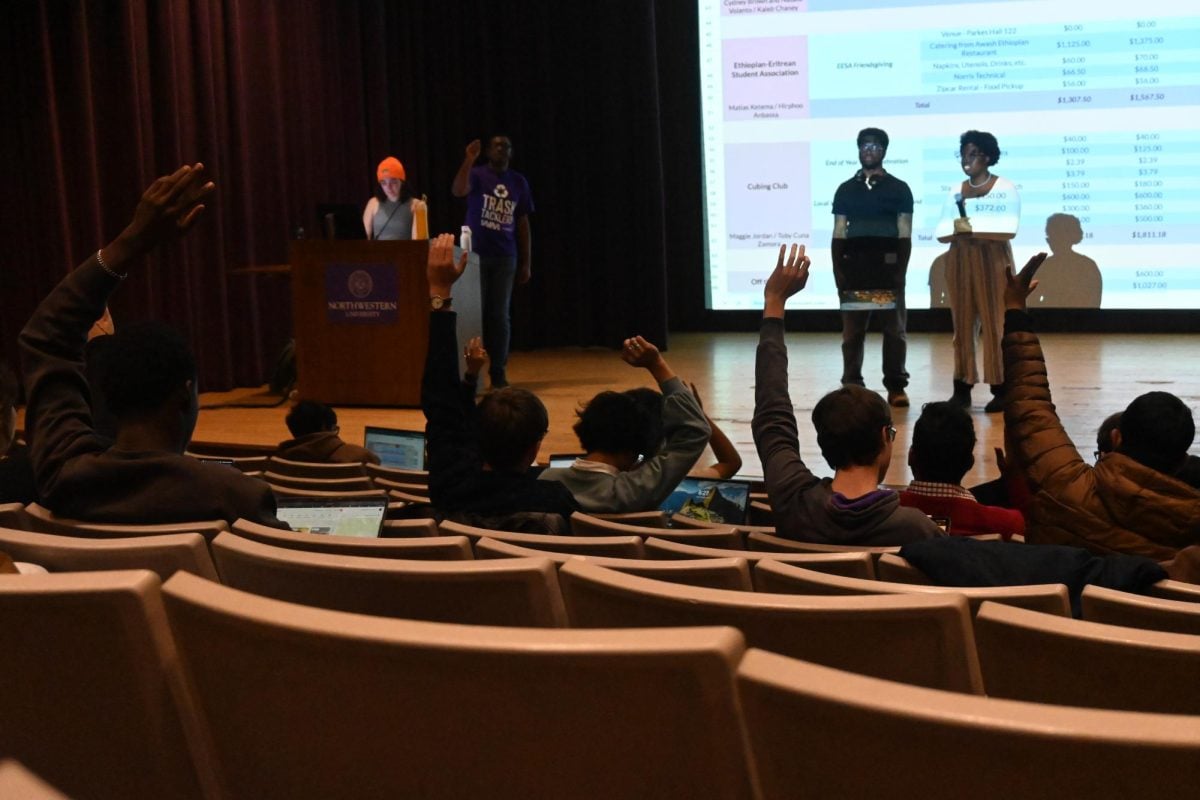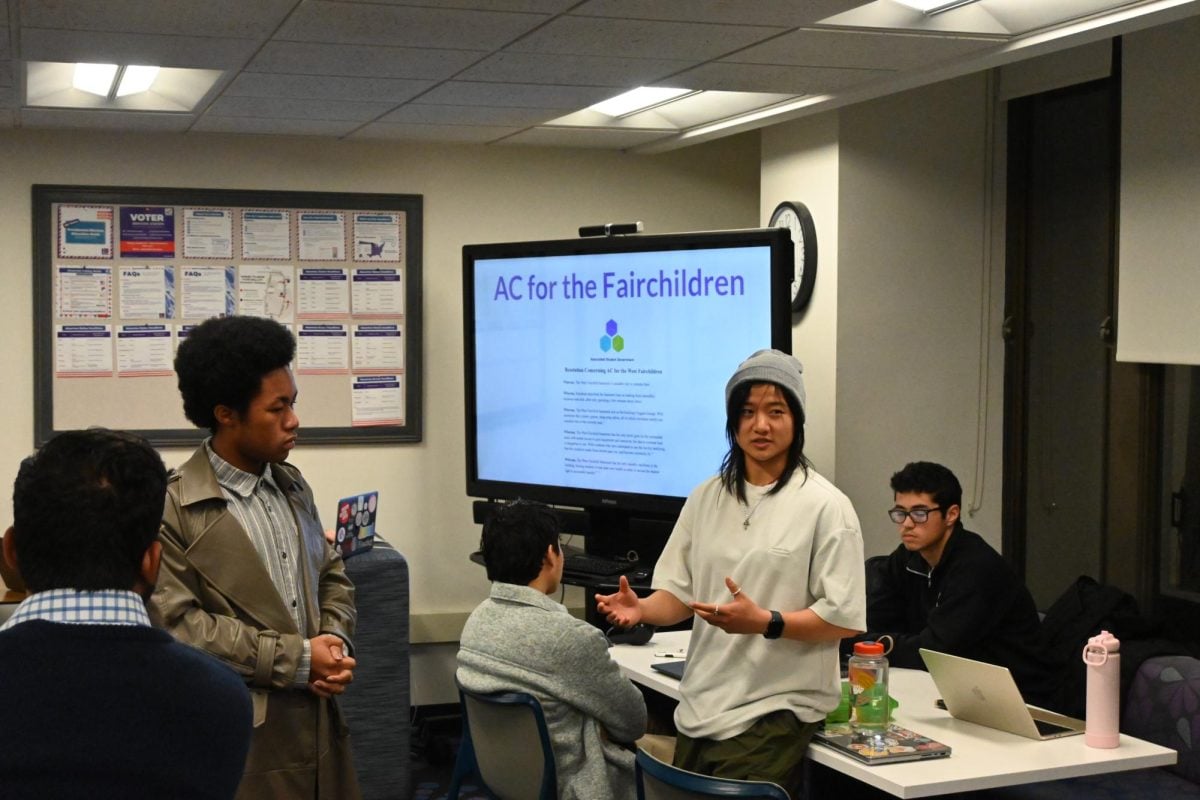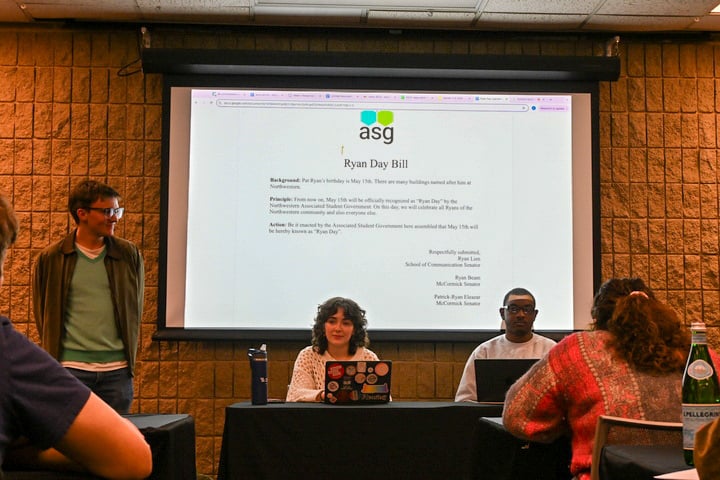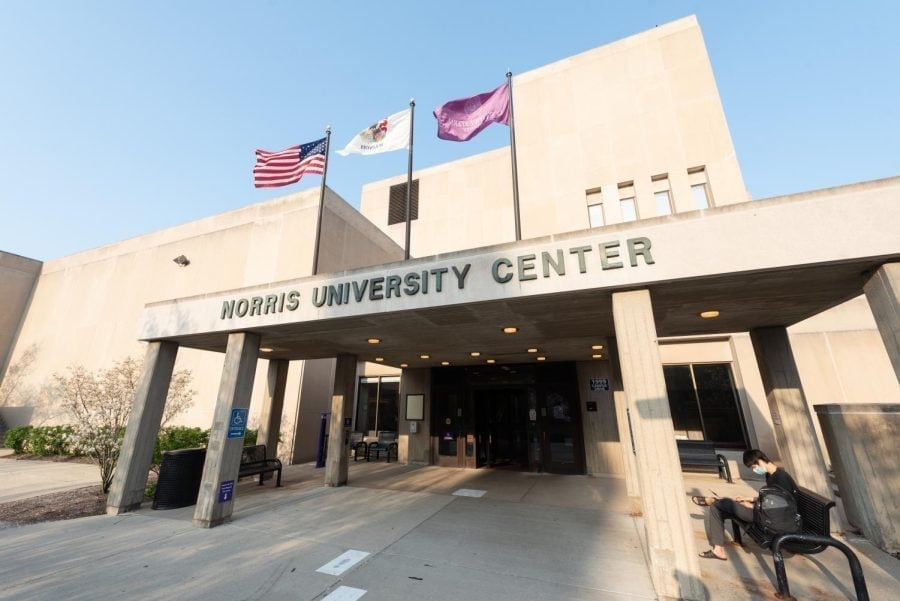
As of Wednesday’s Senate meeting, Associated Student Government no longer has a treasurer.
Senate passed two bills to eliminate the treasurer’s position and cede its responsibilities to the executive vice president and chief of staff. One bill, “Parliamentary Body Code Amendment,” amends the ASG Code, which Senate speaker Ani Ajith called ASG’s version of the federal statutes. The other bill, “Parliamentary Body Constitutional Amendment,” makes the same amendments to the ASG Constitution. The two bills also reformed caucus whip positions.
The authors of the two bills, executive vice president Brad Stewart, Greek caucus whip Sarah Brock and Residence Hall Association and Residential College Board caucus whip Lauren Johnson, created the legislation after recognizing the treasurer was superfluous to the executive board. The treasurer’s responsibilities, which have historically been vague, consisted of logistical work such as making trips to the Student Organization Financial Office and heading “pet projects” such as Martin Luther King Jr. Day events, said president Victor Shao. Because the treasurer was only carrying out tasks given by the financial vice president and administrators are gradually taking more control over Martin Luther King Jr. Day, the authors and their supporters decided to eliminate the position in the legislation.
“To keep the treasurer’s position is asking two people to do the work that one person can easily do,” the Medill senior said.
The two bills also codify the responsibilities of caucus whips and add their position to the Parliamentary Body, which currently consists of members of the executive board who are voted on by the Senate. These members are currently the speaker of the Senate, parliamentarian and formerly the treasurer. The caucus whips are responsible for organizing caucus meetings, attending Senate meetings and communicating caucus opinions to the executive board, said Brock, a Weinberg junior.
The Constitutional amendment passed with a majority, and the code amendment passed unanimously with the exception of one abstention. The two bills will not take effect until Spring Quarter.
Before the meeting, all senators were required to attend Question, Persuade and Refer suicide prevention training, which was arranged by ASG along with Counseling and Psychological Services. The collaboration resulted from a CAPS presentation about mental health resources that CAPS executive director John Dunkle gave during the Senate meeting on Jan. 30. As leaders in the NU community, ASG senators are responsible for spreading awareness about mental health and need to be equipped with the necessary education, Ajith said.
“Our senators represent a very broad campus, and it’s good to have them out there knowing these signs and passing on this knowledge and being leaders in the community,” said Ajith. “It’s similar to celebrities and prominent people getting breast cancer screenings or HIV testings.”
The executive board also recognized a need for the training session after the deaths of NU students Harsha Maddula and Alyssa Weaver last fall. The incidents had a “tremendous impact” on the “psyche of the campus,” and Weaver’s suicide highlighted particular mental health concerns, Ajith said.
“(The training) is not a reaction, but it’s just people waking up and recognizing ‘Hey, we need to pay attention to this,'” he said.
The senators also passed a resolution, “Acknowledging Our History,” encouraging the John Evans Study Committee to involve the Native American and Indigenous Students Alliance in the committee’s work and raise awareness about the committee. The committee is investigating the role of John Evans, who donated today’s equivalent of $2 million to the University, in the Sand Creek Massacre, said Heather Menefee, NAISA co-president. The committee, which is chaired by Provost Daniel Linzer, currently does not have any student members.
The author, Ian Coley, cited a similar investigation at Brown University, which released a report stating that the school was built by slaves.
Toward the end of the meeting, two pieces of legislation were introduced. One, “Campaign Reform Recommendations,” makes changes to ASG campaigning rules such as chalking and budgeting, and the other, “Sustainability Fund,” involves creating a green fund committee. Both will be further debated and voted on during next week’s meeting.


















